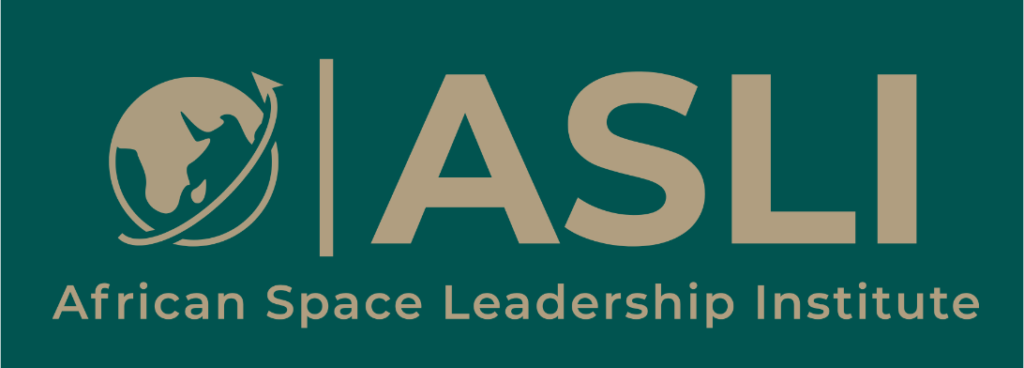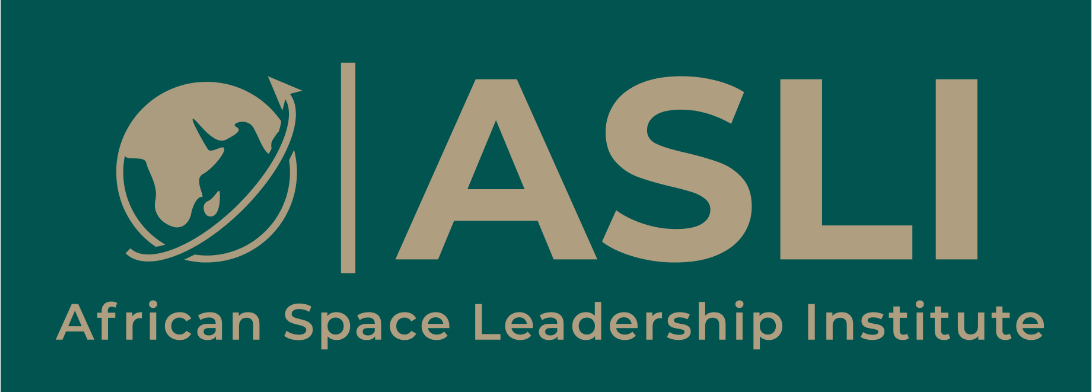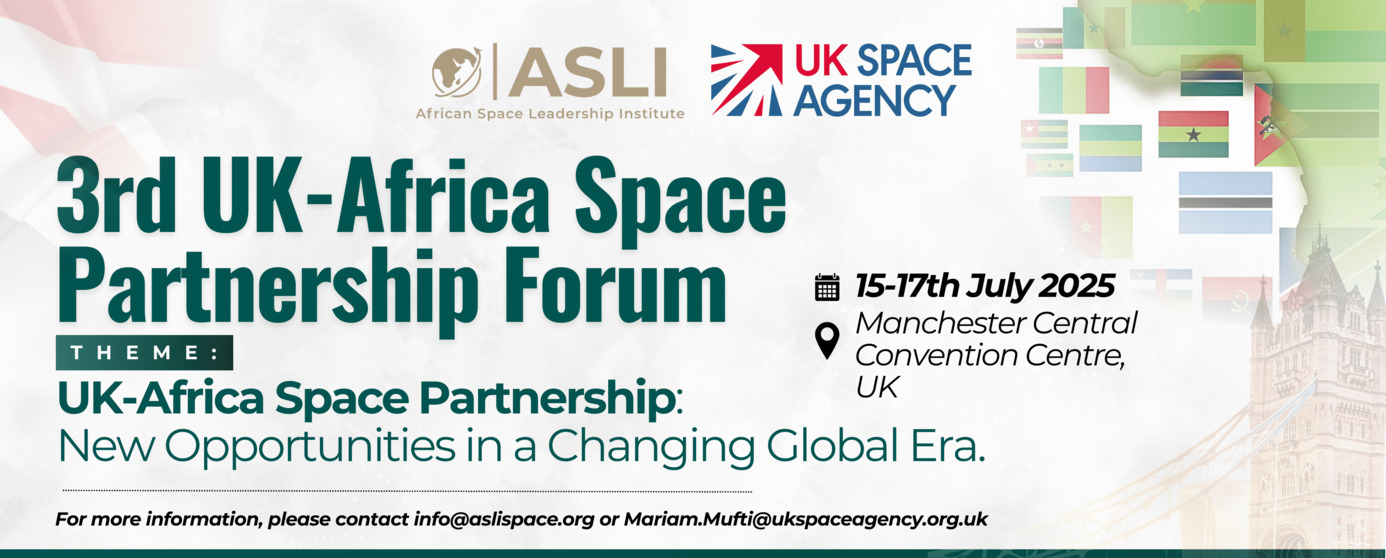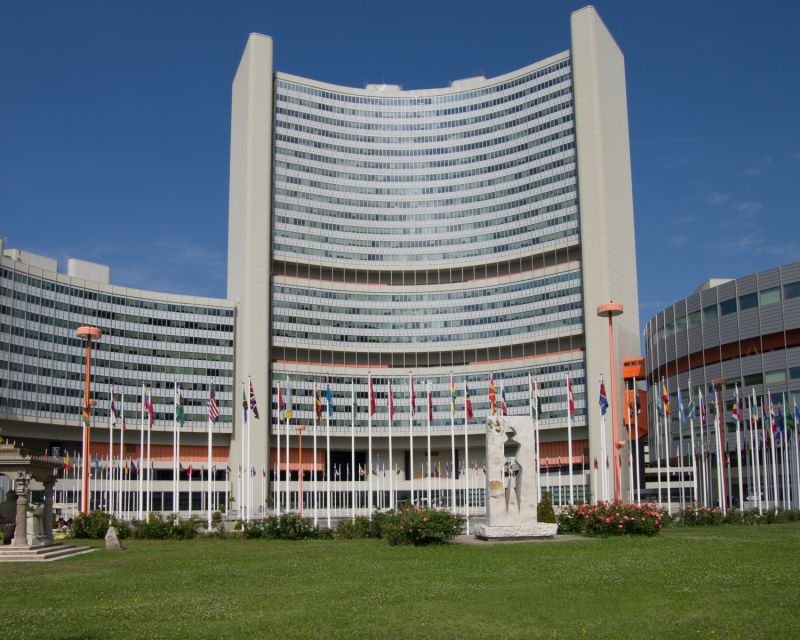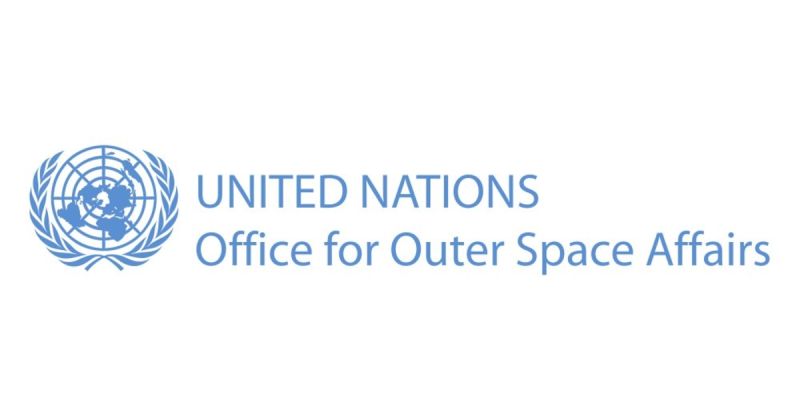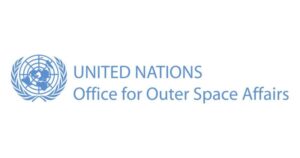 In 1968, during a session of the Committee on Peaceful Uses of Outer Space (COPUOS), Sierra Leone proposed the establishment of a United Nations Centre of Information, to provide expert advice in the practical applications of space technology. This was followed by a similar proposal from India, for a small advisory group that could organise meetings, fellowships, surveys and provide technical assistance. Both proposals were forwarded to the Scientific and Technical (S&T) subcommittee to deliberate on.
In 1968, during a session of the Committee on Peaceful Uses of Outer Space (COPUOS), Sierra Leone proposed the establishment of a United Nations Centre of Information, to provide expert advice in the practical applications of space technology. This was followed by a similar proposal from India, for a small advisory group that could organise meetings, fellowships, surveys and provide technical assistance. Both proposals were forwarded to the Scientific and Technical (S&T) subcommittee to deliberate on.
At the end of its Session in March 1969, the S&T subcommittee recommended that the UN Secretary-General appoint “a qualified individual whose full-time task would be to promote the practical applications of space technology.” His energy was to be channelled towards information and knowledge sharing in relevant agencies of the UN, as well as in Member States of the UN. COPUOS endorsed this recommendation and it was approved by UNGA at its 24th Session in December 1969.
Pursuant to UNGA’s resolution, the then Secretary-General, U Thant, appointed Professor Humberto Ricciardi of Argentina as the Expert on Applications of Space Technology.
One of Prof. Ricciardi’s first set of recommendations was for the establishment of the United Nations Programme on Space Applications. In 1971, the different programmes in the then Outer Space Affairs Division (OSAD) that concerned information dissemination, education, training and promotion of the applications of space technology were formalised into the ‘Programme on Space Applications (PSA)’.
The United Nations Office for Outer Space Affairs (UNOOSA) has made huge impact on developing countries through the PSA. They have benefitted through several workshops, seminars, training courses, expert meetings and initiatives.
To learn more about PSA, see here.
The different initiatives and activities of PSA were later merged into a single programme called ‘Access to Space for All’. To learn more about the opportunities available in the ‘Access to Space for All’ programme, see here.
